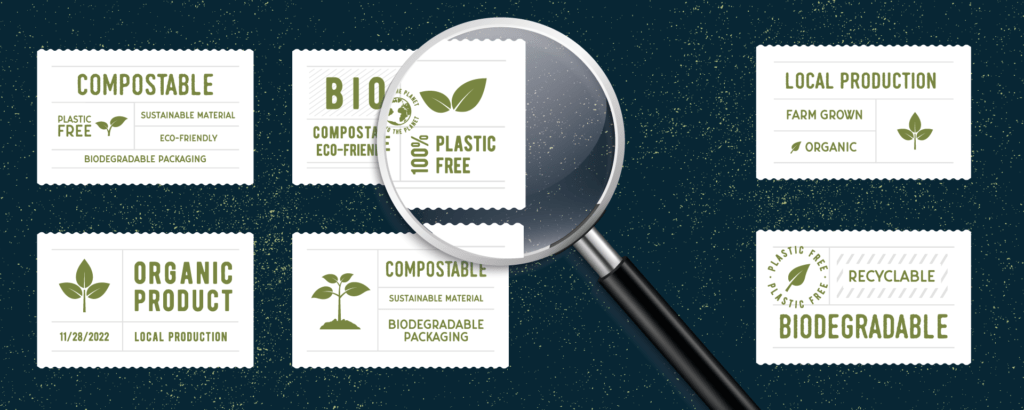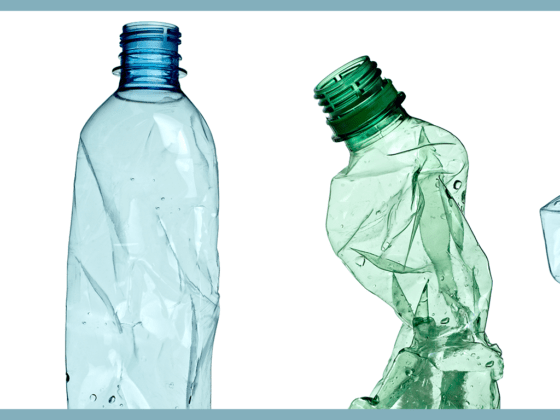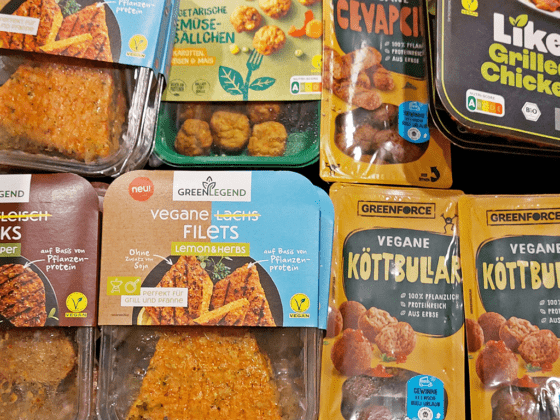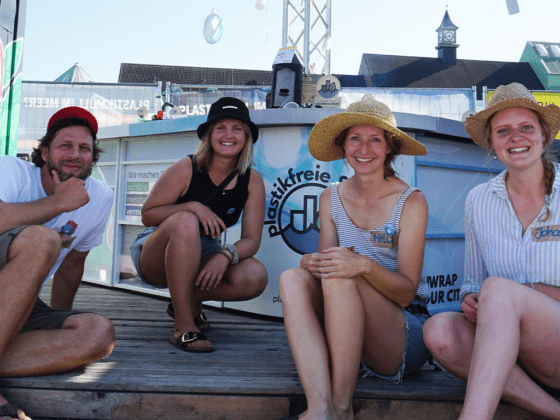The trend reversal in shopping has obviously arrived at shopping baskets. According to a recent survey, the majority of consumers now pay attention to sustainability when selecting products. The most important decision-making aids are credible certificates and seals.
Six out of ten consumers always or at least frequently pay attention to the ecological, economic or social sustainability of products, retailers and manufacturers when making their purchasing decisions. This is the result of a representative survey of 1000 German citizens conducted by PwC (PricewaterhouseCoopers GmbH). Customers are particularly concerned about animal welfare, packaging, recycling, supply chains and compliance with human rights during production.
But how do you even know at the store whether the packaging is recyclable or whether fair wages were paid during production? In the consumer survey, the most frequently cited source of information on sustainability aspects was the packaging with seals:
- Almost one in two respondents (47 percent) said they look for clues such as seals on product packaging
- 37 percent follow the reporting in the media.
- 31 percent exchange information with friends and family.
- 30 percent read through the product description on the Internet.
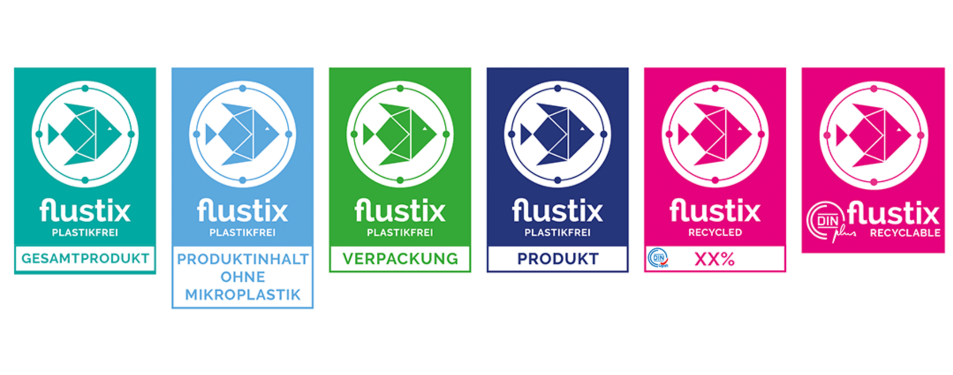
Good certificates create trust
A sustainable product contains individual or several quality features in the core areas of environment, social and governance, or ESG for short. The problem is that the information must also reach potential buyers. Today’s companies must succeed in communicating the sustainability benefits of their products transparently and credibly. More than two-thirds (72 percent) of the consumers surveyed find recognized sustainability seals, certifications or independently audited sustainability reports useful for this purpose.
It pays to have ESG measures independently confirmed
Customers also want to be informed about sustainability issues, particularly via seals and certificates on the product packaging or, when buying online, via the item description on the Internet. The manufacturer’s sustainability report or information from the salesperson are not very important when it comes to such purchasing decisions.
Dr. Christian Wulff, Head of Retail and Consumer Goods at PwC Germany: “The results of our survey show that seals and independent certifications are very important in gaining the trust of customers. It is therefore worthwhile to have the ESG measures confirmed by external organizations.”
The trade expert continues: “Manufacturers and retailers are faced with the task of ensuring a high degree of transparency with regard to the sustainability of their products. In the case of fashion, for example, it is feasible to trace the individual stages of the supply chain in detail and to show the costs incurred in the process. So the consumers can understand exactly how a price comes into being.”
Customers switch to fair products
When buying food in particular, most Germans (81 percent) make sure that at least one of the three major sustainability criteria – environmental, social or corporate governance – is met. When buying textiles or shoes, sustainably produced articles are important to 63 percent of those surveyed. For example, consumers are increasingly interested in the conditions under which cows are kept for milk production or whether a T-shirt manufacturer tolerates child labor. To the younger generation – under 35 years old – sustainable products are particularly important: Here even two-thirds of the respondents pay attention to ESG criteria, among the over 55-year-olds, it is one in two.
“Sustainability has become mainstream”
Especially important: The change in thinking is not just theory, but is also making its way into shopping baskets. Millions of Germans have already switched to more sustainable products when buying food, cosmetics, detergents, electrical appliances, clothing or furniture. In the study, 45 percent of respondents said they had consciously switched to more sustainable products when buying food, for example, within the past two years. PwC head of consumer goods Dr. Christian Wulff: “Sustainability has become mainstream in recent years. For companies, it has long been a must to pay attention to sustainability in their supply chains.”
The flustix seals are among the few certifications that are recognized throughout Europe. Which seals exist, read here.
 English
English Deutsch
Deutsch

